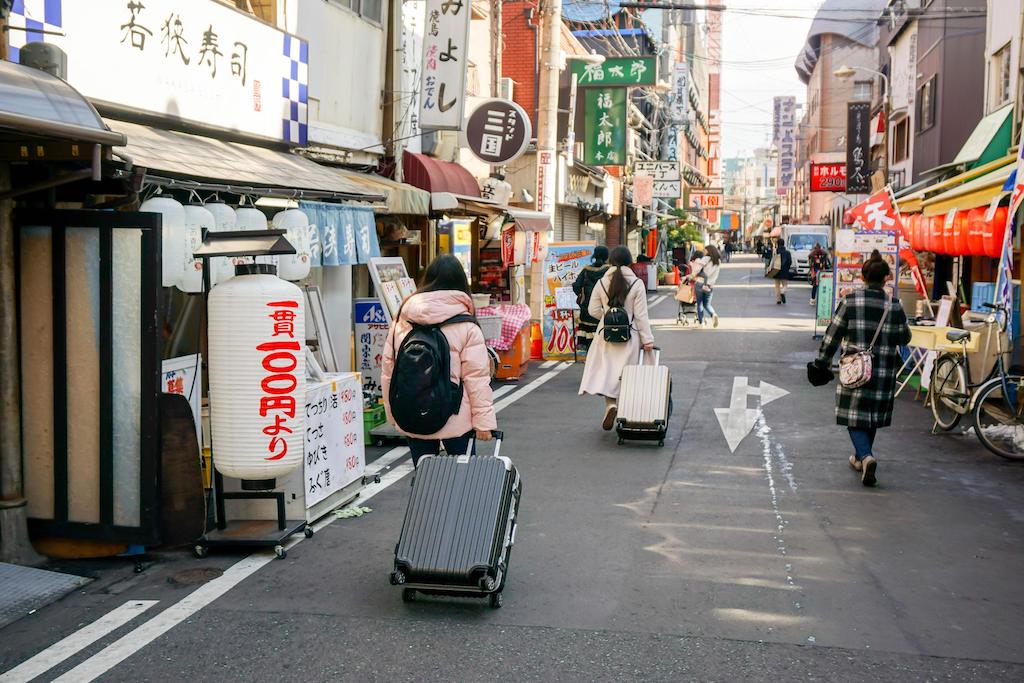The boom of affluent Chinese moving to Japan
Seeking a better life with fewer constraints on their crisis-hit businesses. Tokyo and Osaka represent attractive alternatives to Singapore, where prices have skyrocketed. The fallout on the Japanese real estate market.
Tokyo (AsiaNews) - With the economic crisis, more and more wealthy Chinese are also looking for a better life in Japan. The causes are many: the difficulties experienced during the restrictions of the zero-Covid policy, the controls imposed by the Party, the frost in relations between China and the United States, a more difficult business environment than in the West. This is pushing not only the Chinese middle and upper classes to look to Tokyo, but also real tycoons.
The Chinese already constitute the largest group of foreigners in Japan today. Until recently, Chinese migrants tended to be students, interns, as well as working-class people. But newcomers are increasingly wealthy and financially savvy, and they choose Japan after weighing the pros and cons of other potential overseas destinations such as Singapore and Bangkok.
Investment migration consultancy Henley & Partners predicted in a June report that China will rank first in terms of “fleeing from their country” of individuals with a net worth of more than million this year, with 13,500 people emigrating.
Wang Yun, chief consultant of the Japanese law firm Support Gyoseishoshi, said that more and more Chinese are arriving in the Land of the Rising Sun with visas as consultants, business managers or with the professional visa of a "highly qualified foreigner".
According to Wang, “the cost and difficulty for Chinese citizens trying to travel to the United States is now much higher. Furthermore, prices for settling in Singapore are increasing, so many people think that Japan is a more reasonable option."
For these new migrants, the favorite destination is Tokyo in the Toyosu area, a reclaimed area and former industrial area, famous for its breathtaking views of the capital's skyline. The Chinese population among Tokyo's 23 districts increased by as many as 16,297 registered residents between January and November 2023. A real estate consultant covering the area estimates that in some condominiums the percentage of Chinese residents is now as high as 20%.
Newcomers are attracted by the cost-benefit ratio of moving to Japan. A 30-year-old Chinese woman living in Tokyo's Branz Tower Toyosu said, "If I bought a similar level apartment in the same geographic location in Beijing, it would cost at least 100,000 yuan (about 2 million yen) per square meter." Since the starting price for a unit in the Branz Tower Toyosu is around 1.2 million yen, purchasing in Japan represents a savings of more than 40%. Other Chinese migrants prefer Osaka, where renting or buying a house is even cheaper.
Japanese society has yet to understand and deal with this wave of migrants and there are still no measures on how to integrate the new Chinese arrivals. At a political level, while conservatives are worried about the negative consequences from a security point of view, some "liberal" currents believe that this is an opportunity to revitalize the stagnant Japanese economy, with new ideas and above all new capital.
11/08/2017 20:05
27/07/2022 12:28







.png)










